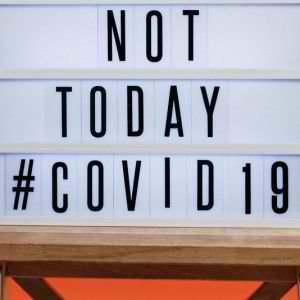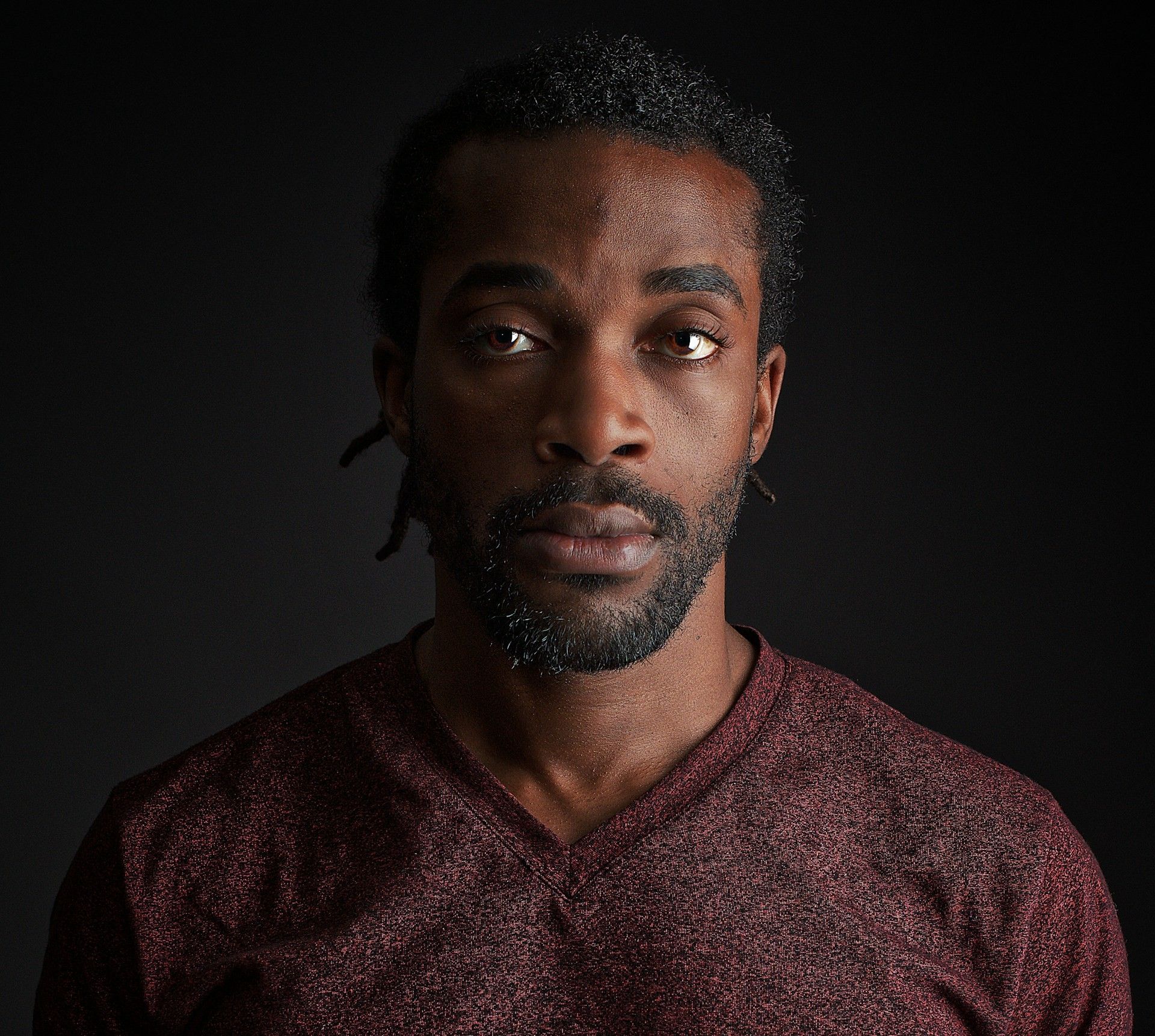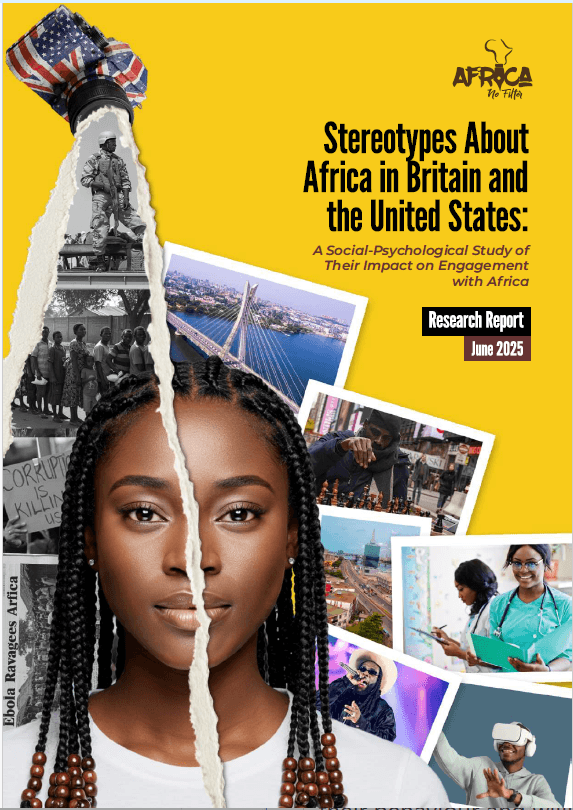It was inevitable: the scent of youth always reminded him of the nonchalance of his heyday. That's my reinterpretation of Gabriel García Márquez's famous opening line from Love in the Time of Cholera, apt for this disease outbreak of our own. My little twist speaks to something that I've observed as the coronavirus pandemic has unfolded – the projection of fear.
Sigmund Freud who is widely considered the father of modern psychology talked a lot about the concept of projection. He said that we all have fears but sometimes we feel like denying those fears. When we try to deny our fears we usually feel very frustrated as we find no way to release our anxiety and worrying.
Hollywood actress Hilary Duff fired up a tweetstorm in mid-March when she tweeted, “To all you young millennial a--holes that keep going out and partying: Go home. Stop killing old people, please.”
A week ago, young Kenyans, who form the country's largest cohort of workers arguably bore the brunt of police batons on a disastrous first day of a countrywide curfew order. Whether by scheme or misadventure, older media pundits and government officials took no time to dust off the old carrot-and-stick argument which effectively plays on generational fault lines.
Freud adds that in such a case where we try to deny our fears, a person might project his fears on other objects in order to release some of the frustration he is experiencing. The sharp attention many are directing at millennials in the face of the pandemic is revealing. The intense scrutiny is perhaps indicative of something else, too: I'll let you do the psychoanalysis.
But can we find any wisdom from the perspective of the millennial though? What if the perceived nonchalance is a Sisyphus rock-sized tool for survival and adaptation? Perhaps even an attitude that can be adopted by those in the older generation, who may be silently scared by the potential repercussions of this pandemic? It goes to the core of life. And business too.
Sisyphus was a Greek king who was condemned to push a large rock up on a steep hill, only for it to roll back down every time he nears the top. He pushes the rock tirelessly for eternity. Such has been the millennial's fate.
After all, this is the generation that had to regain their stride after the last global recession shook up the jobs market, driving masses of young people towards a novel system called the gig economy. Of course, that hard road was paved with unmarketable degrees and hours of unpaid full-time internships.
As far as existential hazards, millennials learnt to thrive even with persistent talk of a climate axe dangling over their heads. In Kenya and many other nations, the young have seen as their collective future get mortgaged by an ingrained culture of expediency.
The coronavirus pandemic is yet another grim reminder of this generation's ever precarious reality. Just like Sisyphus' rock. But unlike the generalized tropes painted in broad strokes by Hilary Duff and her likes, failure to panic isn’t necessarily a selfish nor arrogant trait. A Sisyphean outlook might be what we all need to survive then adapt to what lies ahead during and after this pandemic.
In his book ‘Myth of Sisyphus’, Albert Camus imagined Sisyphus as a hero of his story, smiling while pushing the rock and embracing his situation without thinking of the past or the future. In it, Sisyphus’ situation is only tragic at the rare moments when it becomes conscious. Otherwise, he is unstoppable as he pushes the rock unabated every time it rolled down, refusing to surrender to gravity.
By "smiling" through a poignant fate, millennials have learnt to conquer the fear of coronavirus. By the end of it, we will all be asked to start all over again – our limping businesses, our flailing careers, our depleted savings, and our uncultivated professional connections. It’s a daunting prospect but to be a hero of this tragic story, one must not sink into its despair.





